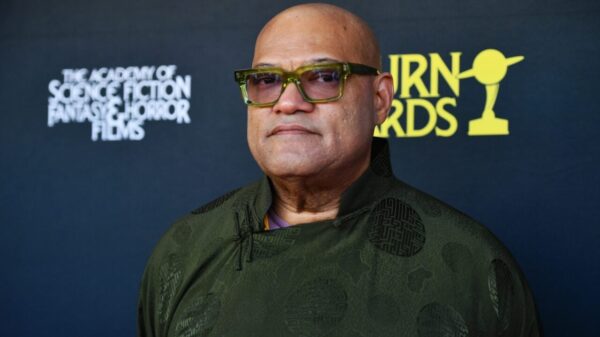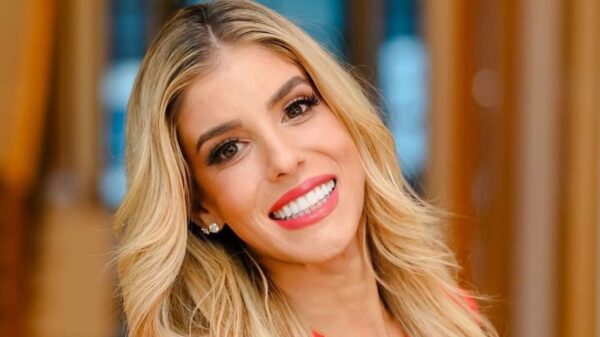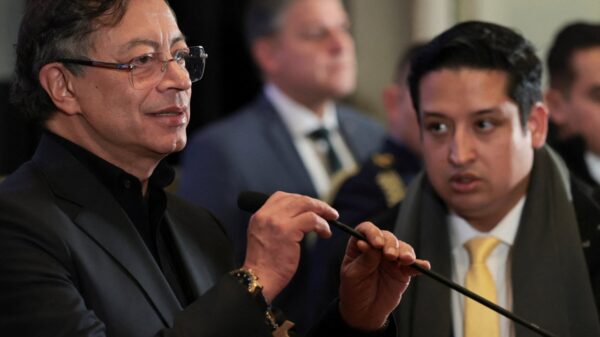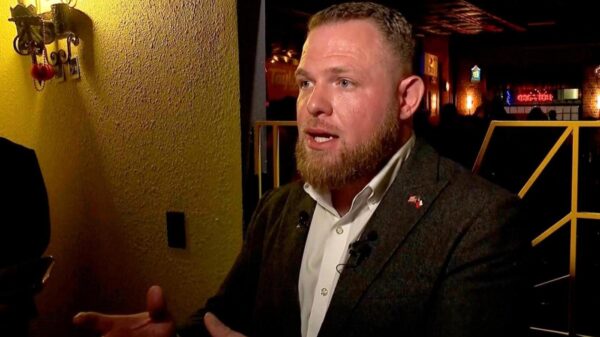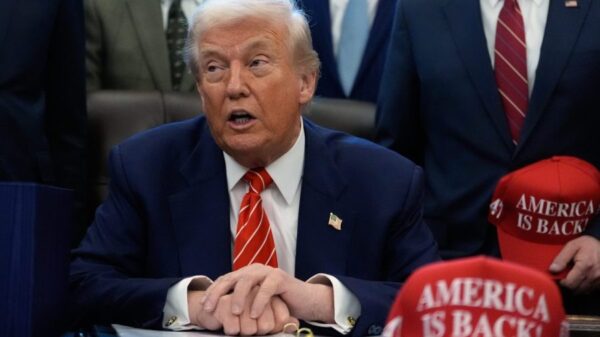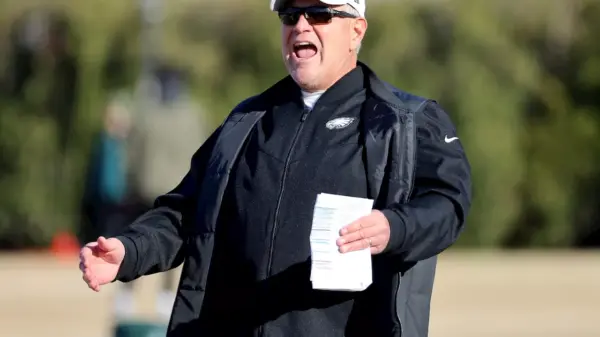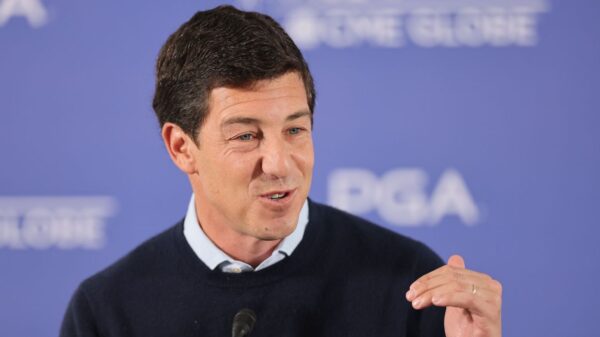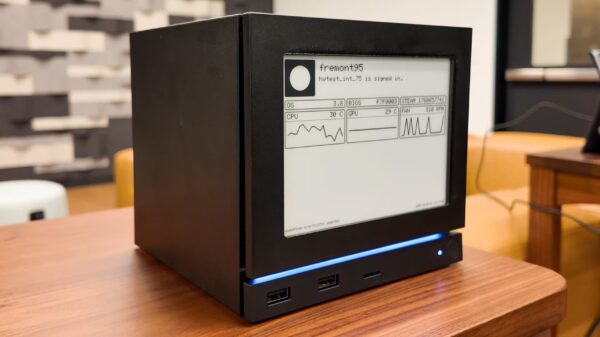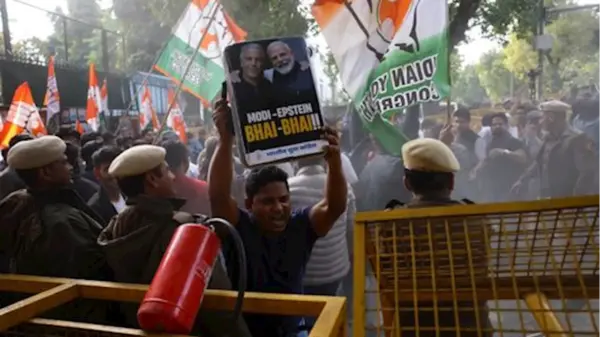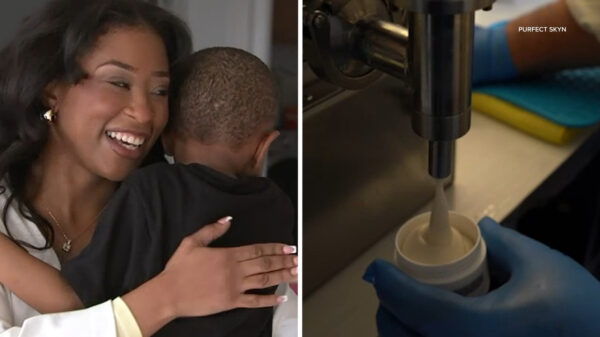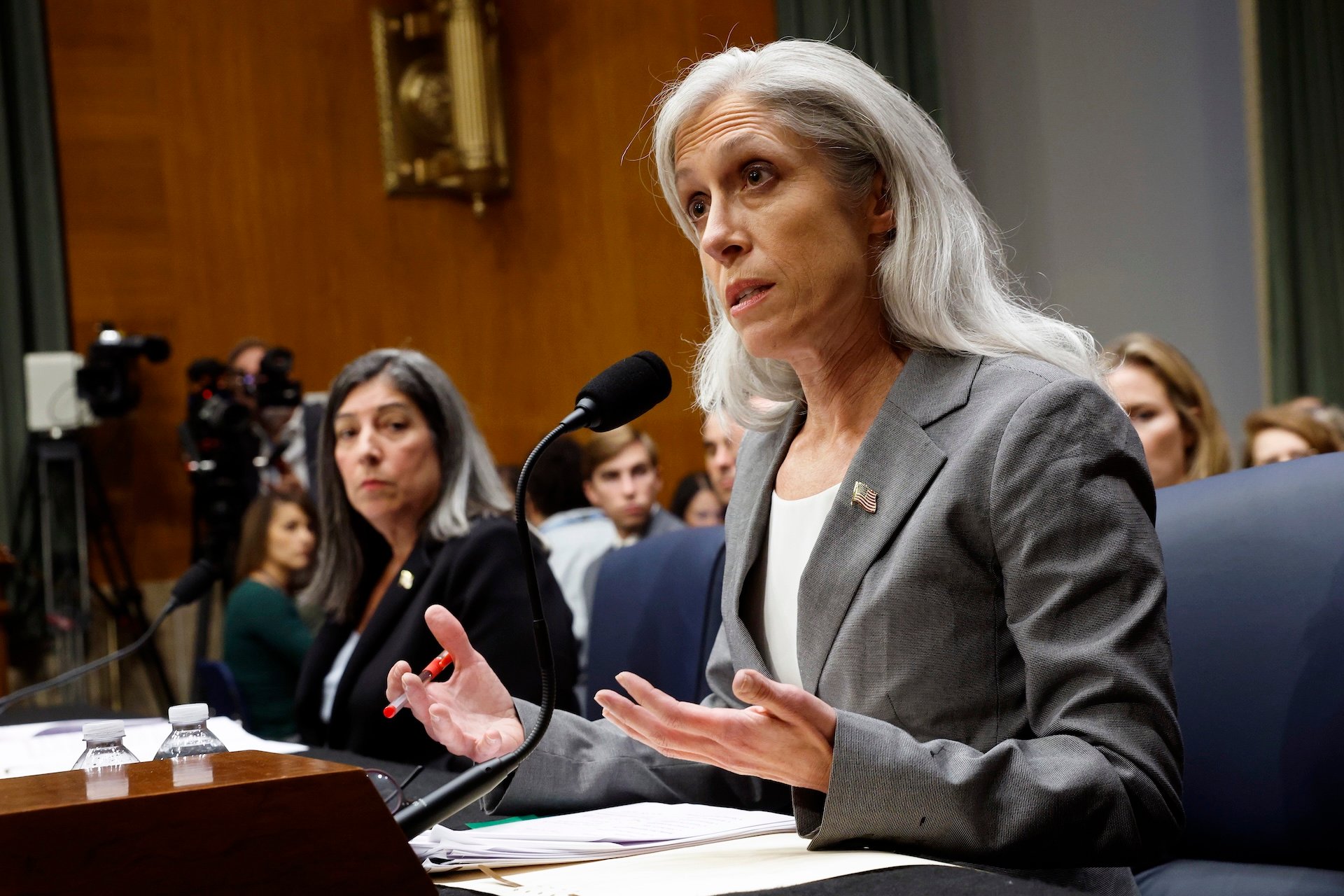In a tense Senate hearing held in Washington, D.C. on March 6, 2024, former CDC Director Susan Monarez testified about her experiences under Robert F. Kennedy Jr., the current Secretary of Health and Human Services (HHS). Monarez accused Kennedy of undermining scientific integrity at the CDC and promoting an anti-vaccine agenda that she believes threatens public health.
Monarez, who was dismissed by President Donald Trump shortly after her confirmation, revealed that Kennedy had informed her in August 2023 of plans to change the childhood vaccine schedule. She claimed he insisted she “needed to be on board with it,” but she resisted his demands, leading to her removal from the agency. “I could have stayed silent, agreed to the demands, and no one would have known. What the public would have seen were scientists dismissed without cause and vaccine protections quietly eroded,” Monarez stated during her testimony.
Controversial Claims and Accusations
During her testimony, Monarez alleged that Kennedy had made various disparaging comments regarding the CDC and its employees. She recounted that he labeled the agency “the most corrupt federal agency in the world” and accused its members of being indifferent to child welfare, saying, “CDC employees were killing children, and they don’t care.” Monarez expressed that the comment that distressed her the most was Kennedy’s assertion that during the COVID-19 pandemic, “CDC told hospitals to turn away sick COVID patients until they had blue lips.”
Kennedy, a prominent anti-vaccine activist, has previously claimed that vaccines are unsafe and ineffective, a point he later attempted to refute. Since his appointment, reports indicate that over 2,000 personnel have been fired or attempted to be dismissed. Monarez’s testimony revealed a climate of fear within the CDC, with some scientists reportedly removing their names from published papers to protect themselves from backlash.
Contentious Questions and Political Drama
The hearing was marked by intense questioning, particularly from Republican senators. Sen. Bill Cassidy from Louisiana—one of the few Republicans supporting Monarez—referenced a recent report suggesting that Kennedy mandated all major policy decisions at the CDC require approval from political appointees. Contrarily, Sen. Markwayne Mullin of Oklahoma challenged Monarez’s account, implying dishonesty and suggesting that her conversations with Kennedy were recorded.
Amid this tumult, Sen. Bernie Sanders of Vermont called for any recordings to be made public, emphasizing the need for transparency. As tensions rose, reports surfaced that Mullin had later retracted his earlier claim about the existence of a recording.
The hearing also addressed the broader implications of the anti-vaccine movement, particularly in light of the recent shooting at CDC headquarters by a man who believed he was harmed by a COVID-19 vaccine. Debra Houry, a former CDC official, highlighted the trauma experienced by CDC staff, stating, “Each bullet was meant for a person,” illustrating the perilous atmosphere created by anti-vaccine sentiments.
Monarez’s testimony has drawn attention to the ongoing conflict between public health policies and political pressures under the current administration. As the CDC prepares to revise its vaccine recommendations, concerns are mounting about the potential impacts of Kennedy’s leadership on public health in the United States.
As the hearing concluded, it underscored not only the contentious relationship between science and politics but also the urgent need to reaffirm public trust in health agencies amidst an increasingly polarized environment.




